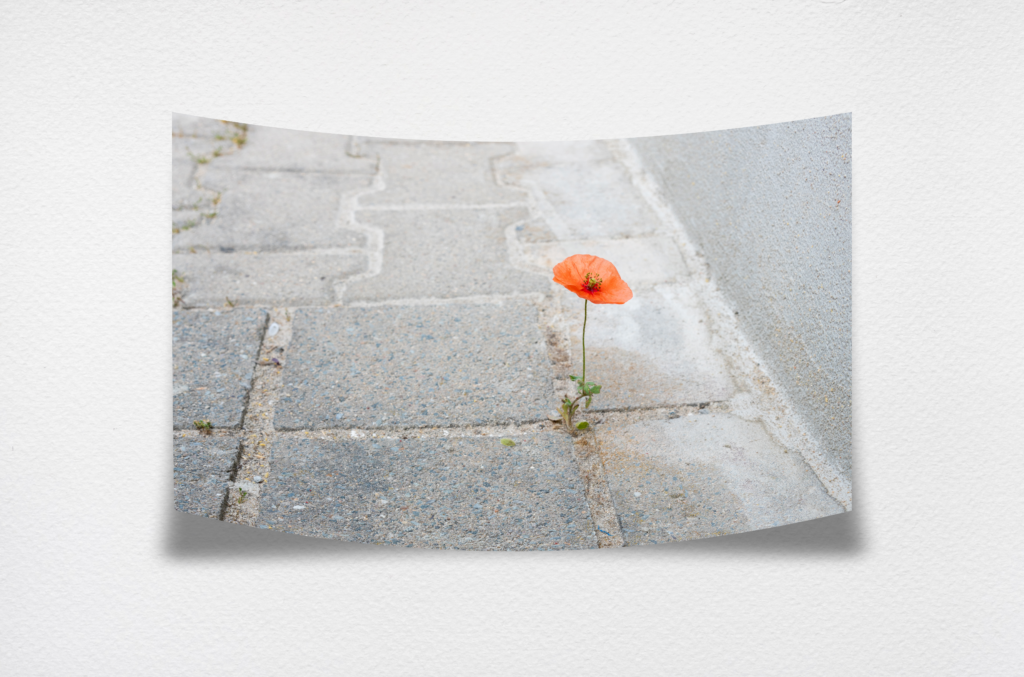
Can gratitude make life better and longer? Read more about a study in gratitude here, from the experts at the Human Flourishing Program at Harvard.
Everyone seems to want unity. Everyone seems to see it as the first step to curing the rancorous ills of contemporary society. At the same time, however, almost no one seems to know how to achieve that unity in a world as deeply divided as the one in which we live.
In fact, most efforts to unite are doomed to fail. These are efforts that focus on political issues, attempting to convince one side to acquiesce to the other. But deep disagreements cannot simply be glossed over or muffled — this kind of unity would be a false and temporary sense. Instead there is another sentiment — outside of politics and apart from political agendas — that must come into focus. True unity can only begin with true gratitude.
The world has never been as safe and prosperous as it is now. Even the injustices and violence that persist cannot mask the fact that, in 2024, the inhabitants of Earth stand at the most prosperous moment in history. Yet, gratitude seems almost nonexistent.
The daily news is filled with accounts of young people mired in sadness and depression. They are struggling; they are wandering in a spiritual wasteland. And the older generations have failed to bequeath to them a culture of gratitude.
Gratitude is more than being thankful
I myself am of that generation. Indeed, for most of my own life, I never understood or appreciated the true nature of gratitude: It is more than just a series of thank you expressions for a series of specific benefits. Thankfulness differs from gratitude, because thankfulness is often contingent — meaning we have to get some particular benefit before being thankful. Gratitude is instead a way of life. This way of life requires a core outlook, one that carries through day after day, regardless of whether those individual days contain exciting accomplishments or disappointing letdowns.
And it’s gratitude at that core that provides the only lasting foundation for unity. When all else fails — and it inevitably will — gratitude prevails, because it is rooted not in contemporary events but in the deepest places of our lives. If people share gratitude, they share something enduring — something that can unite them despite the shifting winds of contemporary politics.
There is an art to living a life inspired by gratitude, and we may need to relearn it.
I used to think it was naïve to be grateful for a day even before you knew what that day would bring. But, as my mother told me, that is the whole point of gratitude. If your gratitude depended on the day, then your gratitude didn’t mean much.
For example, when a large corporate competitor located a new plant just miles away from my father’s business, he didn’t panic or try to sell out. He did one thing: He made it a priority to show gratitude to every customer who came into his office.
It was my parents who taught me that gratitude differed from a habit of saying “thank you.”
Indeed, gratitude paves the way for virtues we often think of as unattainable — virtues like courage, service, and faith. Gratitude may open your eyes to the blessings of the past, even when present difficulties tend to cloud those blessings. Gratitude allows you to be thankful even during times of adversity.
Three years after my father’s corporate competitor set up shop beside him, the larger company shut down its plant.
Gratitude for more than joy
Gratitude might be the strongest foundation for a joyful individual life, but it also might be the best model for a world awash in dissension and division.
Acting out of fear or anger, we have made mistakes — sometimes serious mistakes. But by embracing gratitude as a guiding principle, we’re more likely to find joy — and reward. May the same might be said for our political agendas?
Perhaps the modern dismissal of the past has eroded our capacity for gratitude. Or perhaps in dismissal of the past older generations also failed to pass gratitude to the future. Either way, by seeing only the negative or unwanted aspects of our past, we sabotage any chance of fostering gratitude. By refusing to see the blessings or legacy of the past, we leave little room for any gratitude for all that the past has bestowed. Gratitude can help us hold these in tension, to accept the present responsibility to improve upon the past for a free and prosperous future.
It recognizes the mistakes; it treasures the triumphs.
A culture of gratitude opens the door to a vision we have all been given, a unified future we all desire.





